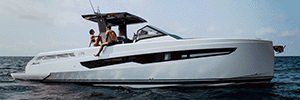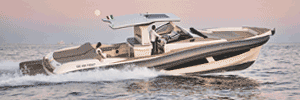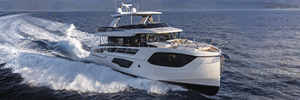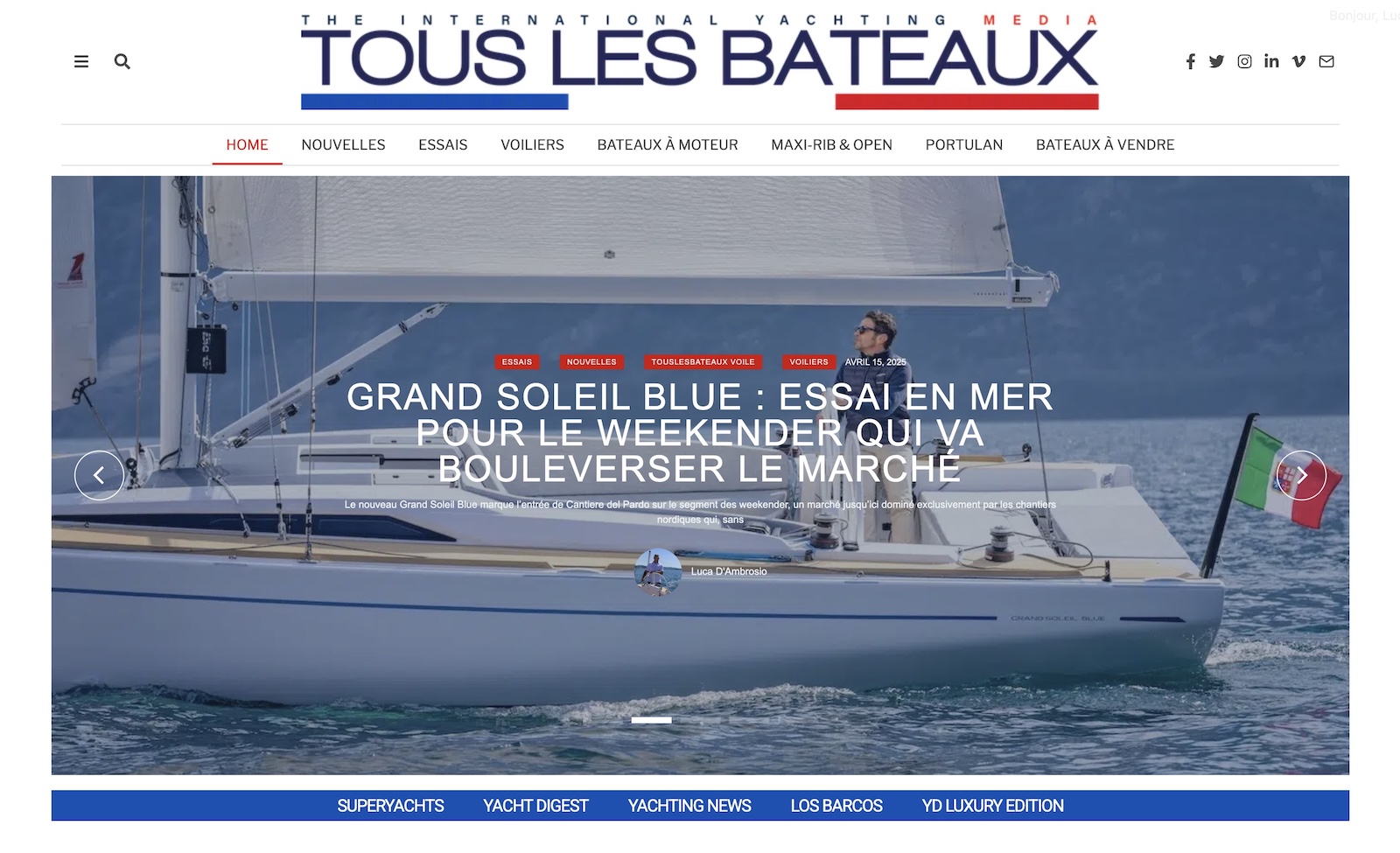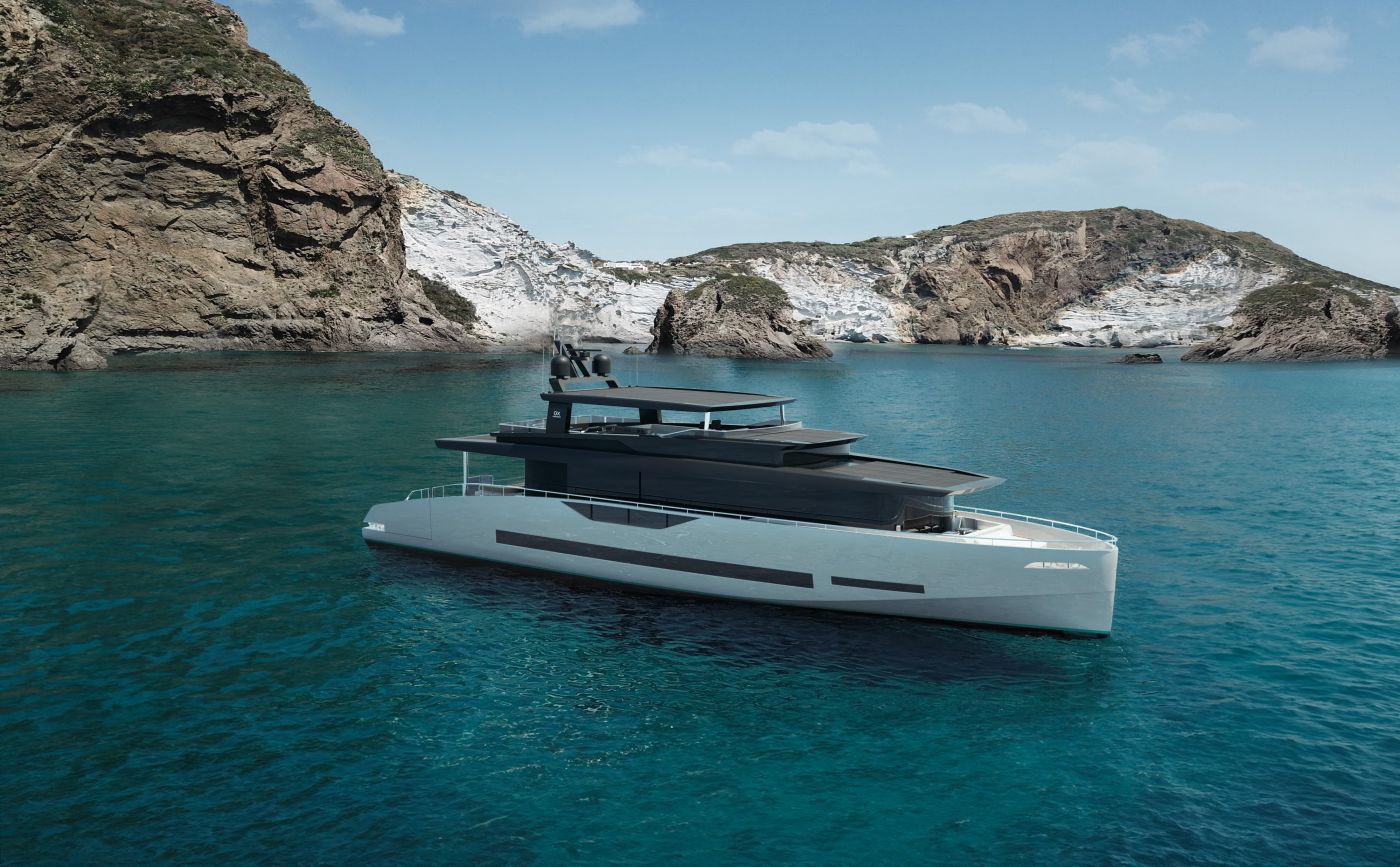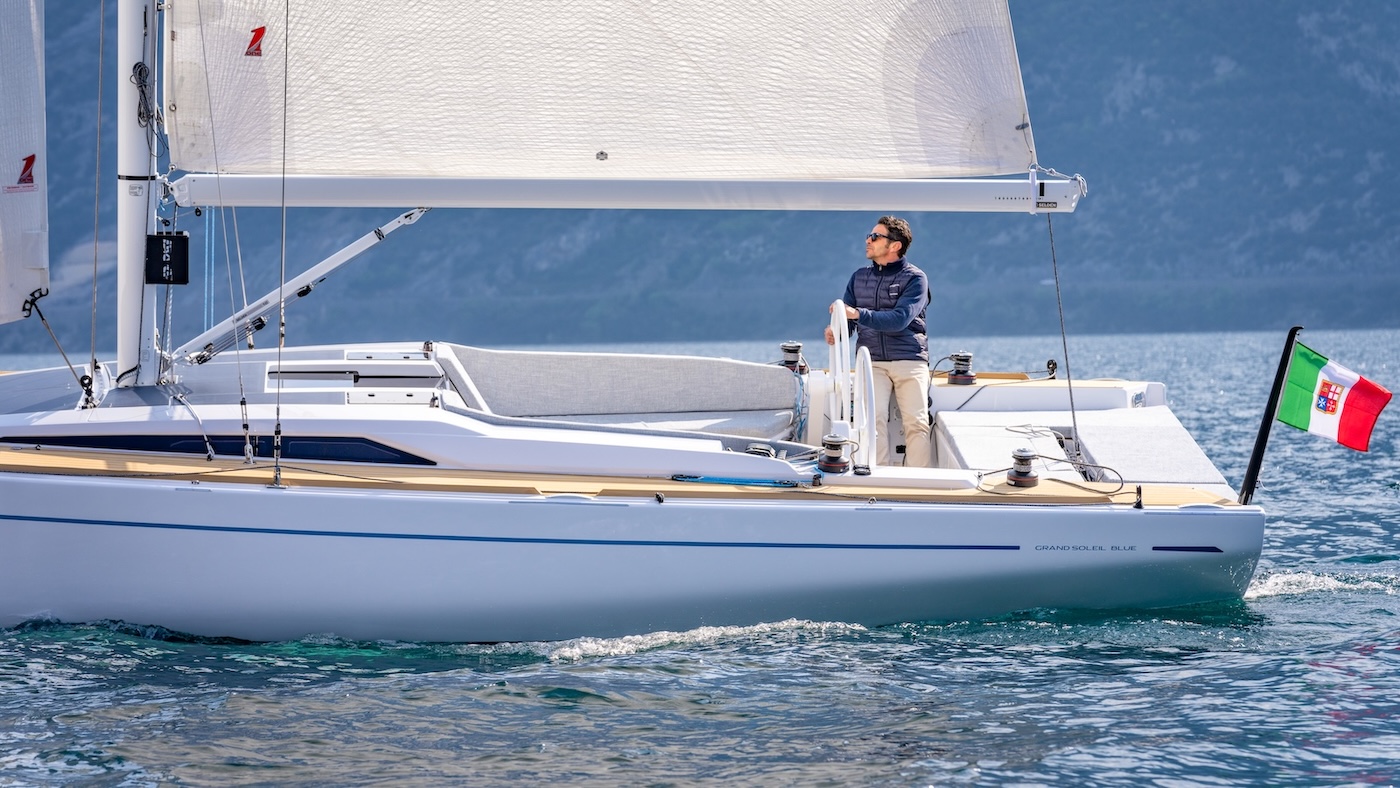The warm air of these days seems to invite us to move up the launch of our sailboats and therefore to carry out all the essential checks and inspections which generally come first the spring launch and the beginning of summer.
However, it’s useless to jump the gun because, be assured, cold weather and new rainy days will certainly come back.
It is therefore important to grab the opportunity offered by these long days of late winter/early spring to carry out a general boat and sails inspection, bearing in mind that even the smallest fixing up almost always results into the inability to make the best use of what we need on board.
In this period, the boat is “on standby”, at berth or in the cradle. 
A quick look to your boat and more care for your partner.
Often, what provokes a rapid deterioration of the sail material is not only the wind force but their contiuous friction against equipment.
A few days ago, I saw a guy kissing a spinnaker: he was breathing in and out, with his lips on the sailcloth, to see whether the weave had collapsed, making the air seep in and therefore reduce the wind force on it.
Spinnakers usually become deformed when they are used in a wind which is stronger than the recommended one. When sailing in strong wind, it is important to be careful not to spill the spinnaker because it can get overstretched. For a 0.75-ounce sailcloth, a 15-knot true wind is enough to become a real risk of rupture; after all, its best performance materialises when true wind starts blowing at over 10-12 knots.
However, the greatest danger of failure and deterioration for all boat sails is represented by all the equipment which is responsible for abrasions and tears.

As for the genoa, damages are generally provoked by the impact of the cloth against the far ends of the cross-trees. Cross-tree arms should be therefore bandaged and protected with some of the specific sheaths commonly found on the market. As an alternative, you can use some adhesive tape to cover the locking split pins of turnbuckle pivots or, even better, the whole lateral shroud turnbuckle, especially where jib rub. If possible, please refrain from using those horrid shortened rubber tubes that tend to deform in summer and shatter in winter.
The ideal would be to use leather coatings that only a few skilled craftsmen can make but, if you can afford them, you can settle for the products commonly found on the market, generally made of white plastic. Yachtsmen who don’t fear the comparison with their berth neighbours are used to cover shrouds with soft bandages that, even if unappealing, represent an excellent solution to prevent sail deterioration.
Furthermore, it is important to make sure that all guardrail fittings are ok, with no protusions, abrasions or sharp edges.
Finally, please remember to keep boom and mast rails perfectly cleaned in order to prevent the salt from mixing with aluminium powder and therefore compromising the right working of the system.
Sail leach lines ( those little wires located inside the after leech) and cloth seams ( the textile straps composing the sail), too, should be checked but, now, sun is falling and “she” might be cold. So measure out your medicine, postpone the other checks to the next week and draw your partner’s attention to the enchanting sunset, the warm afternoon and, of course… don’t forget to highlight the renovated suntan of her face that only the boat and the reflection on the water make possible.
Meanwhile, focus on what you’ve done and what remains to be done on board: plan your times and finally conclude with perfidious ease…” just two or three afternoons, my darling, and your friends will be green with envy”.
Fair wind!






